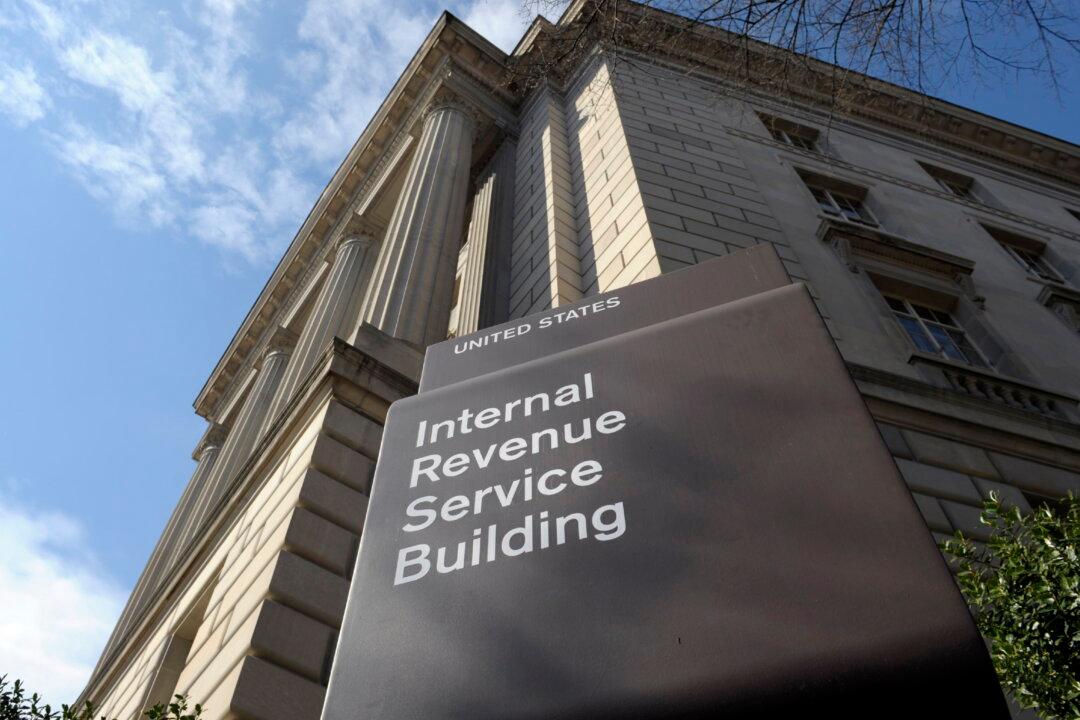WASHINGTON—The IRS said Thursday it plans to hire 10,000 new workers to help reduce a massive backlog that the government says will make this tax season the most challenging in history.
The agency released a plan to work down the tens of millions of filings that includes speeding up the traditionally slow hiring process, relying more on automated processes and bringing on more contract workers to help with mailroom and paper processing.





